Publications
Articles, publications, books, tools and multimedia features from the U.S. Institute of Peace provide the latest news, analysis, research findings, practitioner guides and reports, all related to the conflict zones and issues that are at the center of the Institute’s work to prevent and reduce violent conflict.
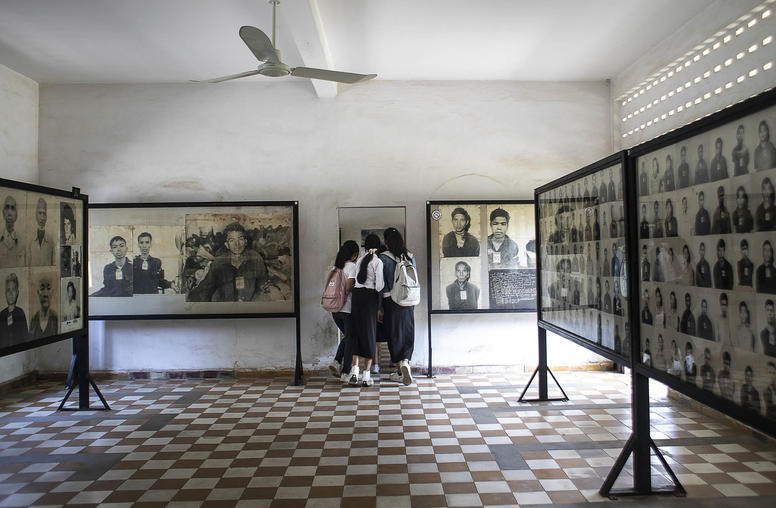
Never Again? The Legacy of Cambodia’s Khmer Rouge Trials
Between 1975 and 1979, the Khmer Rouge regime that ruled over Cambodia committed untold atrocities, with an estimated 1.5 to 2 million people dying of starvation, forced disappearances and extrajudicial killings. In mid-September, over 40 years after its reign of terror, the only formal accountability mechanism to prosecute the Khmer Rouge —the Extraordinary Chambers in the Courts of Cambodia (ECCC) — issued the final decision of its judicial mandate. While the court's legacy is complex, it served an important platform for accountability and reparations for victims. As it moves to a new phase of residual functions over the next three years, the international community should prioritize supporting its work, which is vital to boosting peace and stability and protecting the rights of Cambodians.
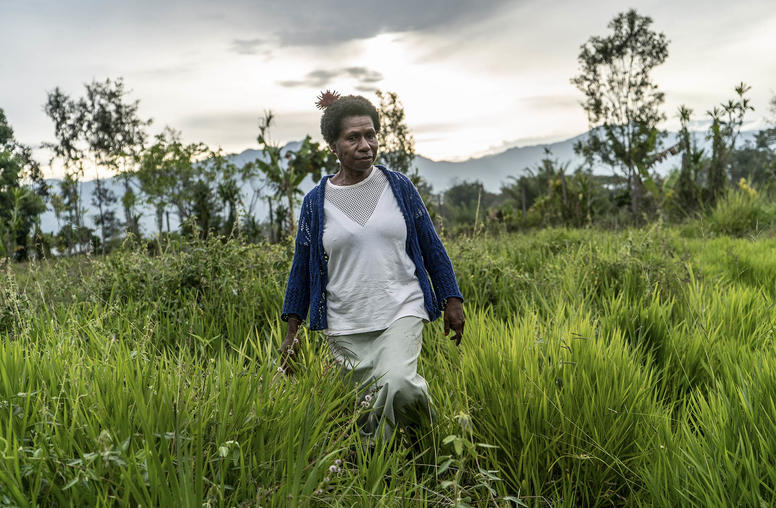
In Papua New Guinea, Homegrown Solutions Should Guide U.S. Aid
“The world stands today at the dawn of a decisive decade — a moment of consequence and peril, of profound pain and extraordinary possibility,” President Biden declared in April. These words came just two months into Russia’s war on Ukraine and during a time of concern for Western countries as China flexed its muscular diplomacy in the Pacific Islands region. Biden’s statement also sets the scene for the U.S. administration’s new approach to peacebuilding, which aims to prevent conflict from erupting in fragile states by disrupting drivers of instability.
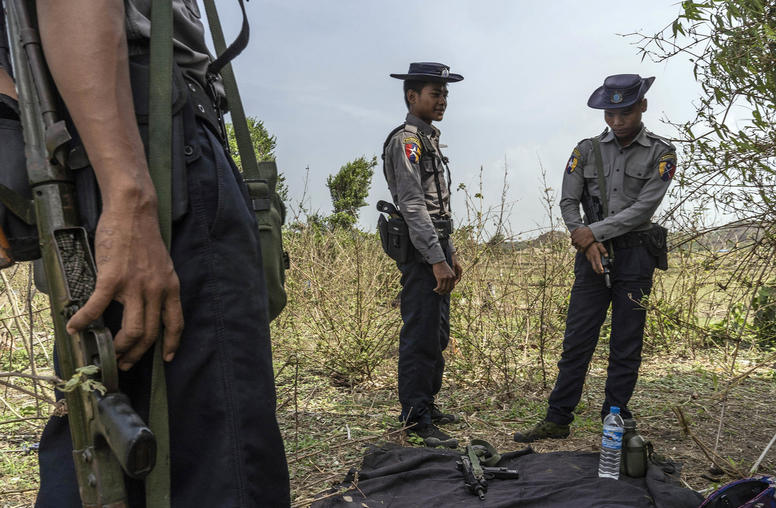
Insurgents in Myanmar’s Rakhine State Return to War on the Military
Serious combat has resumed in Myanmar’s Rakhine State, despite a continuing de facto cease-fire declared by the military just before its coup last year. Unlike previous rounds of fighting in Rakhine that could be viewed as a localized internal conflict, the renewed violence is taking place in the context of a nationwide civil war triggered by the coup, and its consequences are spreading far beyond the state’s borders. The resumption of war in Rakhine State, in short, could be a hinge on which the future of the resistance’s self-described “Spring Revolution” will turn. Its progression bears close watching.
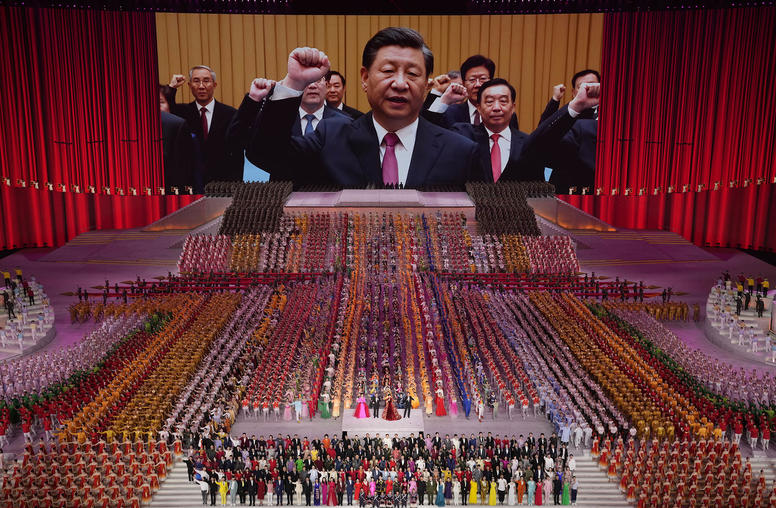
Beijing’s Strategy for Asserting Its “Party Rule by Law” Abroad
Under the leadership of Xi Jinping, the Chinese Communist Party has taken steps to assert more influence over the international legal system and to shape the global legal environment to better serve its political and economic objectives. This report examines the potential ramifications of China’s assertive use of new legal tools for US interests and international stability, and discusses several options that the United States and its partners can pursue to bolster the rules-based order that underpins global stability and cooperation.
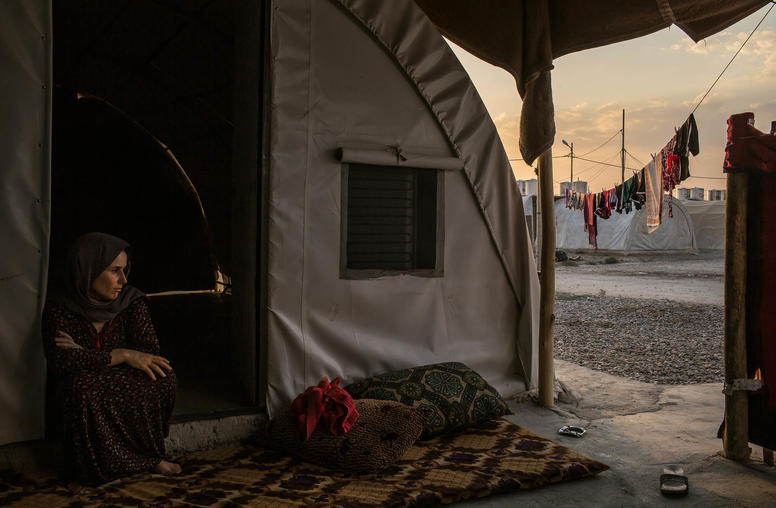
Four Ways to Include Conflict-Related Sexual Violence in Atrocity Prevention
Conflict-related sexual violence is not only an indicator of rising atrocity risk — it can also constitute an atrocity crime itself. And while the U.S. government has implemented conflict-related sexual violence response efforts, concurrent international efforts on the issue offer a solid foundation for the United States to go beyond responding to these crimes and toward prevention.
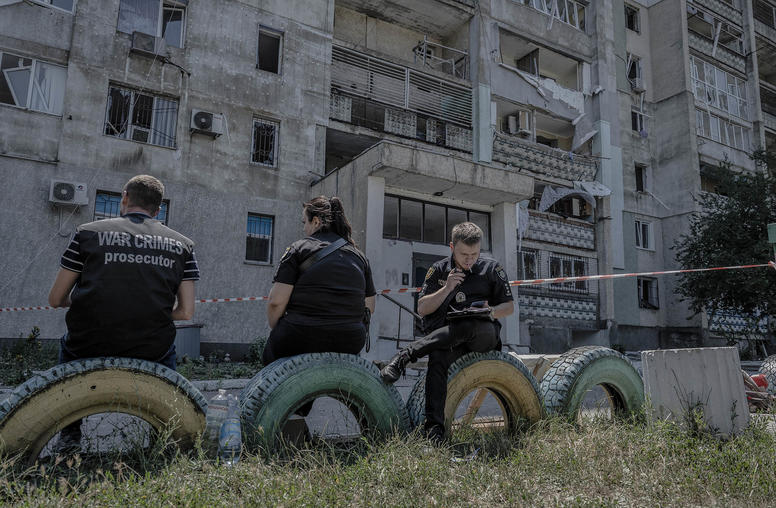
A Look at the Laws of War — and How Russia is Violating Them
In recent weeks, Ukraine’s swift counteroffensive has led to the discovery of yet more heinous acts committed by Russian forces against Ukrainian military personnel and civilians. These add to a growing list of atrocities discovered in towns like Bucha and Irpin. Indeed, as the war has ground on, we have heard a lot about Russia committing crimes of aggression and crimes against humanity, possibly even genocide. The types of crimes are numerous and somewhat confusing. It’s worth taking a moment to sort out the differences between the basic categories of crimes, to better understand what’s happening in Ukraine, and to contemplate what these crimes may mean for the future of world peace.
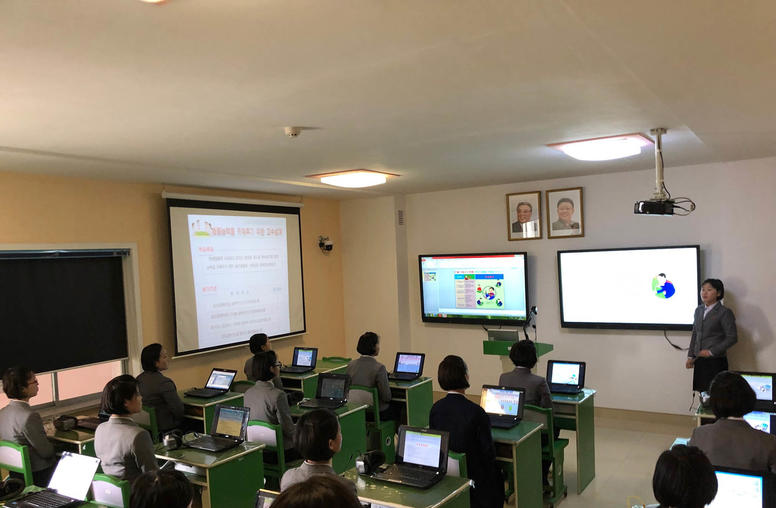
Education in North Korea: Playing the Long Game
For the last 30 years, U.S.-North Korea engagement has been erratic. Despite moderate success during the 1990s, the inconsistent nature of official engagement with North Korea over the last two decades has hindered sustained progress in improving bilateral relations and the welfare of North Korean civil society. More recently, the compounding effects of diplomatic and economic isolation caused by the U.S.-led global pressure campaign, an escalating array of multilateral and unilateral sanctions, the COVID pandemic and North Korea’s self-imposed border shutdowns have exacerbated the environment for economic and business engagement. At the people-to-people level, the barriers to engagement have even begun eroding relationships and local know how for many U.S.-based organizations.

Pakistan Presses U.S. to Lead Global Response to Climate Disasters
Pakistan’s unprecedented flood disaster is a wakeup call for governments and international institutions on the need to build a worldwide response to the disproportionate burden of climate change on nations of the Global South — a challenge that Pakistan’s foreign minister underscored to U.S. officials and foreign policy analysts Wednesday at USIP. Bilawal Bhutto Zardari urged policymakers to lead an international effort to use the Pakistan crisis as a catalyst for a more effective international effort to help the countries most vulnerable to climate change.
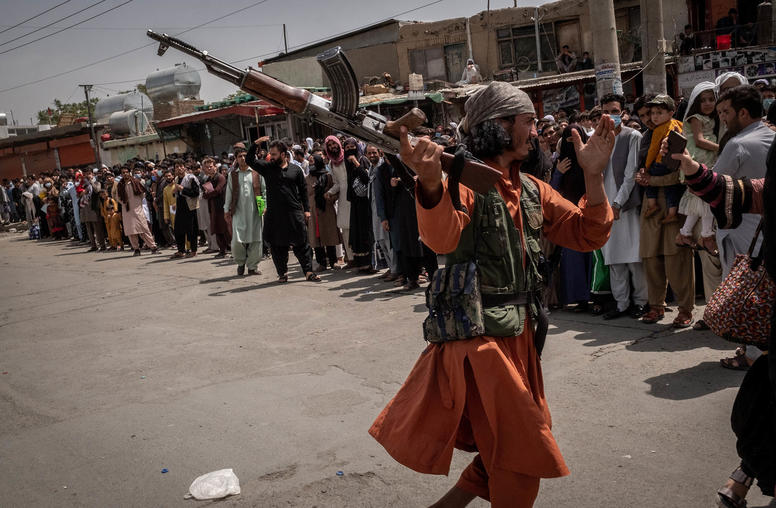
Want more accountability for the Taliban? Give more money for human rights monitoring.
Ahead of the U.N. General Assembly last week, U.N. Special Rapporteur on Human Rights in Afghanistan Richard Bennett released his first report grading the Taliban’s treatment of Afghans’ rights. It was an F. In the past year, the Taliban have engaged in a full-scale assault on Afghan’s human rights, denying women access to public life, dismantling human rights institutions, corrupting independent judicial processes, and engaging in extralegal measures to maintain control or to exact revenge for opposition to their rule. That is one of the main reasons — along with their continued support of al-Qaida and a refusal to form a more inclusive government — that Afghanistan has no representation at the U.N.

Brian Harding on the First U.S.-Pacific Islands Summit
As President Biden hosts a first-ever U.S. summit with Pacific Island countries, USIP’s Brian Harding says regional leaders “have some concerns” about growing U.S.-China competition — but they would rather “talk about their own interests and needs … If you ask them, their top priority by far is climate change.”